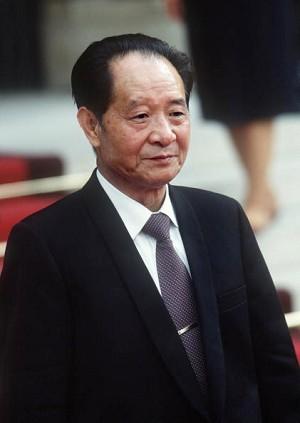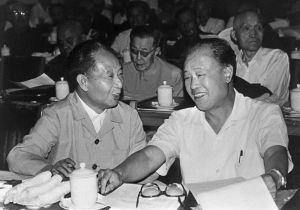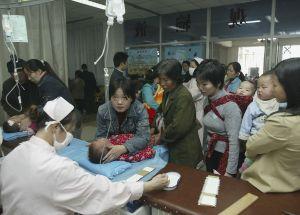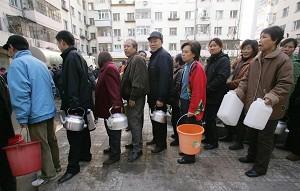BEIJING - Fearful of triggering unrest, China's Communist Party has proposed low-key commemorations for the reformist leader whose death in 1989 sparked the Tiananmen Square pro-democracy Massacre, political sources said on Monday.
The party now wants a seminar for 300 people on Nov. 18 instead of the originally planned 2,000-strong gathering on Hu Yaobang's 90th birth anniversary two days later, said a source close to Hu's family and two others with knowledge of the plans.
Holding the tribute earlier than scheduled would provide current party chief Hu Jintao with an excuse not to be present as he will be in South Korea attending an Asia-Pacific summit, said the sources, who asked not to be named. The Hus are not related.
They said it was unclear if Hu Jintao would support the proposal, which calls for Premier Wen Jiabao to attend the event in his place. Family members, party officials and former colleagues are also expected to attend.
The debate over how to commemorate Hu Yaobang's anniversary has highlighted the Communist Party's fears about potential political unrest.
“Even now, the central leadership hasn't decided on the arrangements,” an editor of a party-controlled journal said.
The cabinet spokesman's office had no immediate comment.
Hu Yaobang's name has rarely been mentioned in state media since the popular leader's death on April 15, 1989, sparked the Tiananmen protests, which were brutally crushed by the army on June 4 that year. Hundreds, perhaps thousands, were killed.
Cashing In




